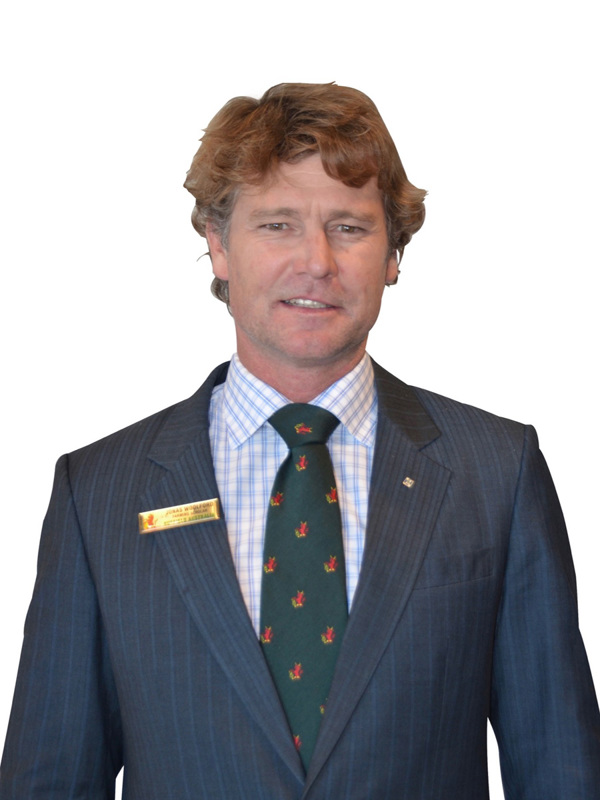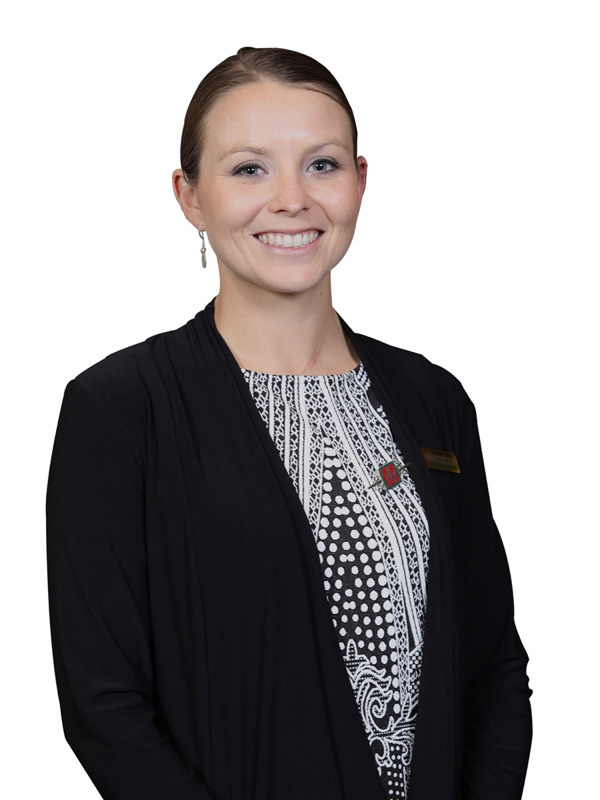
Robert Arvier

Sugar Beet in South Eastern Australia
Robert Arvier, from Penguin (near Devonport) in Tasmania, received a 2017 Nuffield Scholarship supported by Westpac Agribusiness. His report explores the economic and environmental feasibility of the potential re-establishment of a southern sugar industry in Tasmania and/or Victoria, Australia.
Sugar in Australia is currently 100% derived from the sugarcane plant (Saccharum officinarum) and has been this way for the last 70 years. Prior to this there was also a sizeable sugar beet (Beta vulgaris subsp. vulgaris convar. vulgaris var. altissima) industry located in eastern Gippsland, Victoria, which produced sugar for local manufacturing for some 54 years.
Australia as a nation has a long and proud history of manufacturing high-quality sugar dating back to 1862. In this time, many innovative technologies developed here have gone on to become best practice and adopted globally such as mechanised sugarcane harvester design.
This appetite for continuous improvement and research and development led to Australia becoming the most efficient producer of sucrose from a land use perspective for many years. Additionally, the yield improvements gave Australia a competitive advantage on the global market with an offering of high-quality and high volumes of raw sugar all while maintaining enviable cost of production figures.
More recently Chile has overtaken Australia as the most efficient producer of sugar. However, production efficiency and financial economics are not the only motivations for Robert's investigation. During his research, he also found that there are potential lower investment options to be considered in the short to medium term such as seed and fodder production. A key finding of this industry report is that a staged approach to industry development and investment will be key to success.
Investor Information:
For nearly 200 years, Westpac Agribusiness has shared a long and rich history with rural, regional and remote Australia. As Australia’s oldest company and first bank, we recognise that by supporting the future of our agribusiness sector, we are benefiting all Australians. We are honoured to be partnering with Nuffield Australia to inspire and support future champions of change and leaders within Australian agriculture.
Website: www.westpac.com.au
Facebook: Westpac
Twitter: @westpac





















